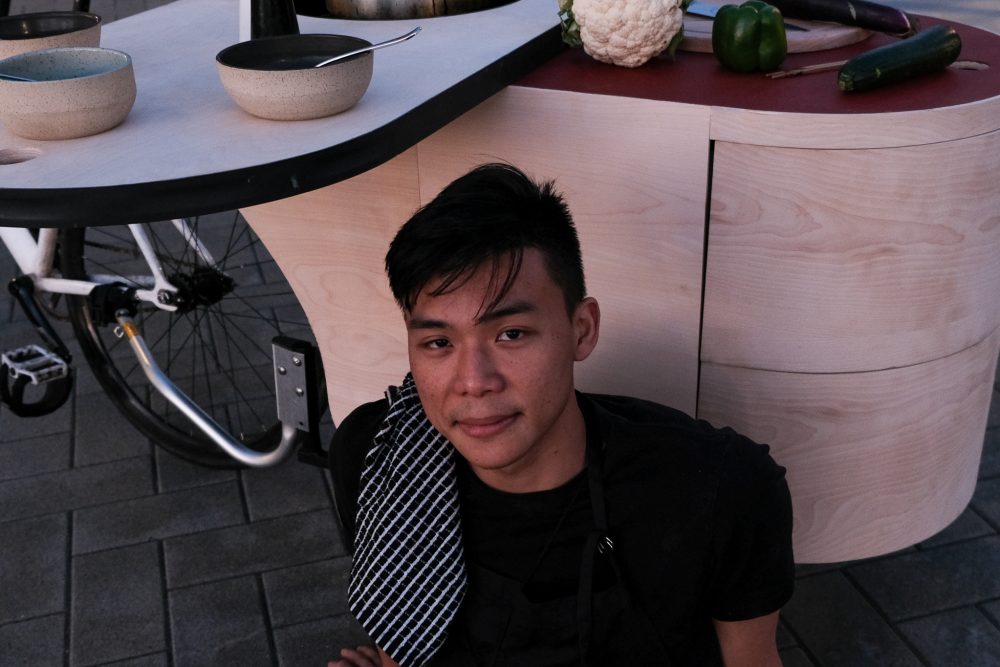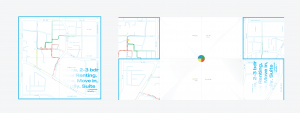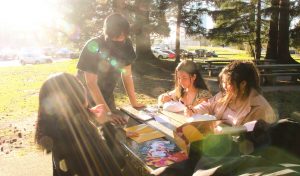KIN.D | Rethinking food waste, revalue dining together
Nicholas Assarasakorn
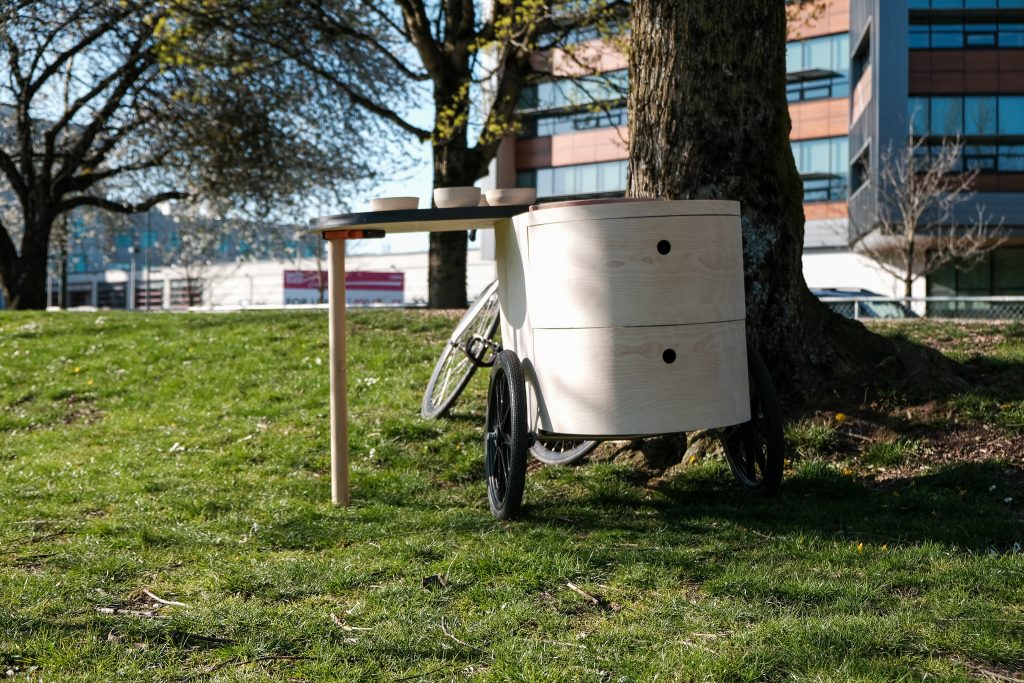
WHY?
Food waste has long been a wicked problem in our current fast-paced high consumption culture. Our consumption behaviours are often misled by institutions that profit through these unsustainable practices. The consequences are often unseen and unaccounted for yet the ecological damage is global and irreversible. Vancouver alone wastes roughly 275 tons of food daily. That’s equivalent to about 350 cows. To begin to address this problem, we need to rethink these behaviours and revalue what ‘waste’ means in the context of food.
HOW?
The goal of this project is to tackle this problem by building a resilient community through food. It will initially be catered to the local community at ECU and is designed to situate within Vancouver. Approaching this problem through circularity in design will hopefully produce outcome that are meaningful, socially and environmentally sustainable.
WHAT?
“Kin-Dee” can be loosely translated from Thai to “eat good” or “eat well”. In Thai culture along with many Southeast Asian cultures, communal bonds are strengthened through food. Whether eating from the bustling street food stalls of Bangkok or dining on the roundtable with family, food is the social glue that bonds us together. In Thailand, we often greet each other with the phrase “Kin Kao Yang?” which translates to “have you eaten?”. Thais value an invitation to dine together and catch up over the simple expression of hello! It is an act of care, hospitality and compassion that is often associated with the Land of Smiles. This project aims to bring the same level of kindness towards one another and our shared environment.
KIN.D is a platform designed for the reduction of food waste. It can be deployed in public spaces such as mass transit stations, neighborhood markets and city squares. In its mobile form, it is a cart that can be attached to any bicycle or vehicle with a universal mount. In use, it will serve as an impermanent communal space that facilitates interactions surrounding food waste and consumption. The back end functions as a library where the community can pick up and drop off ingredients. The center holds a cooktop along with storage for kitchen tools and utensils. The top surface is the dining area to accommodate guests with meals in-kind of donated ingredients.
There is over abundance of information available on practical food saving tips. Yet we often lack the time, effort and care to put these tips into practice. The goal of KIN.D is to revalue our understanding of food waste through practice and engagement by implicating what it is “eat good”.
Music: Quantic – Transatlantic
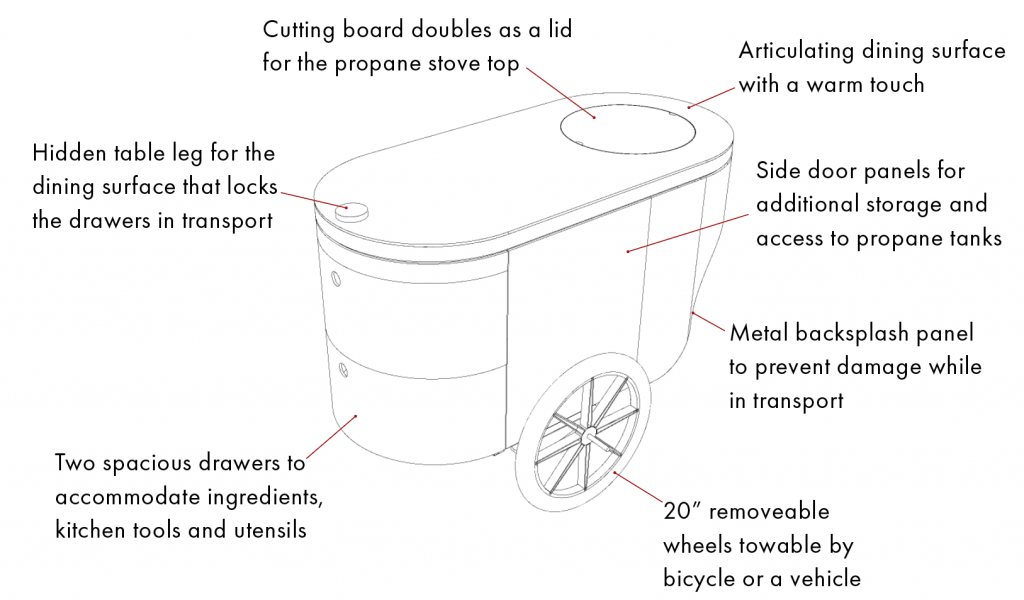
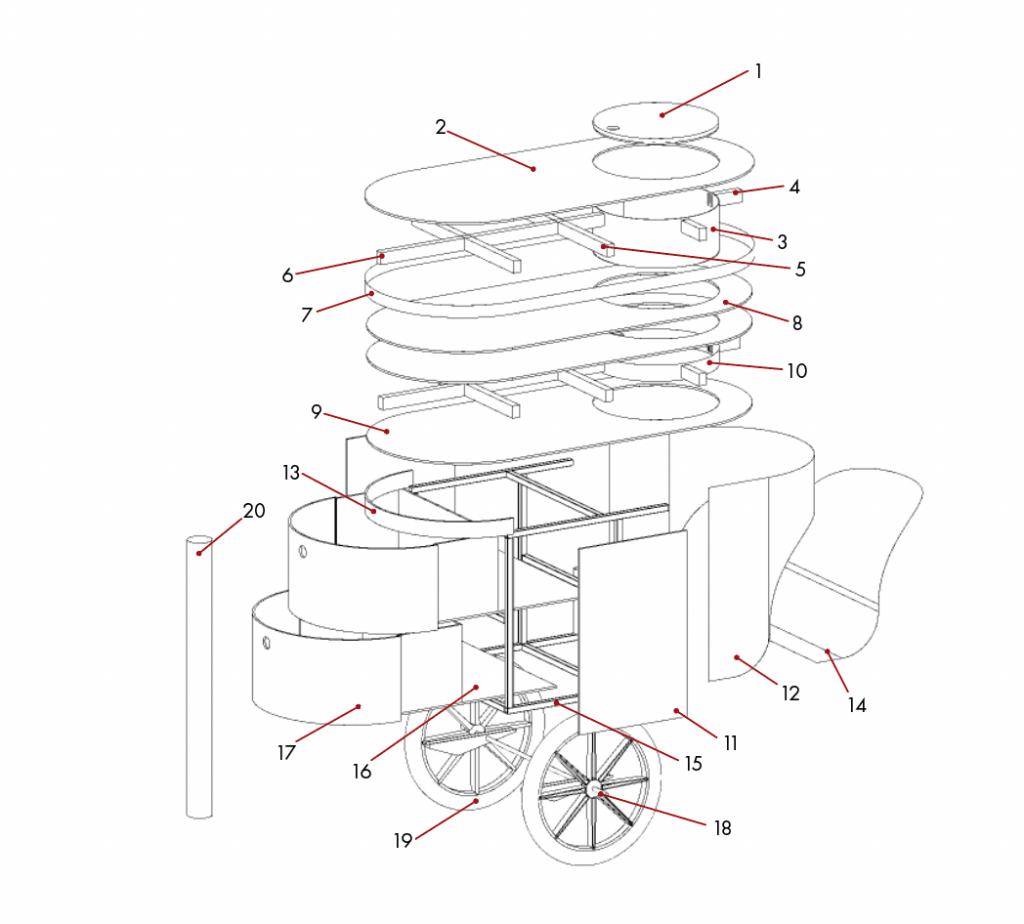
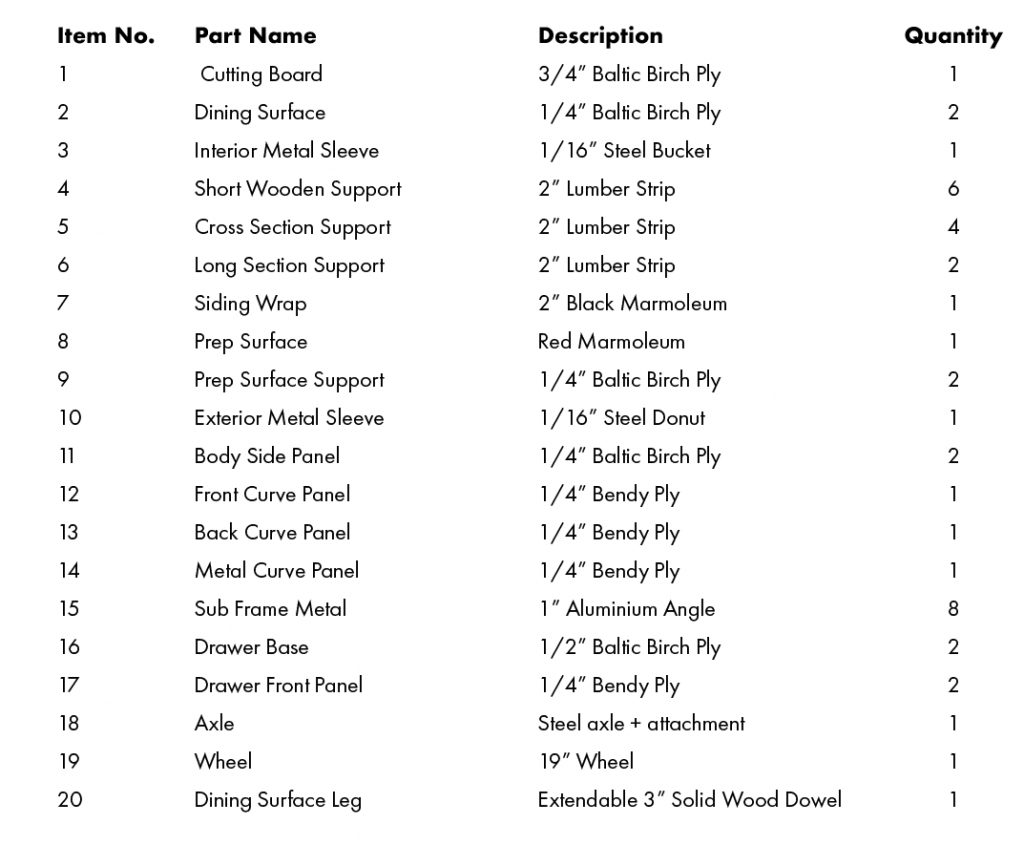
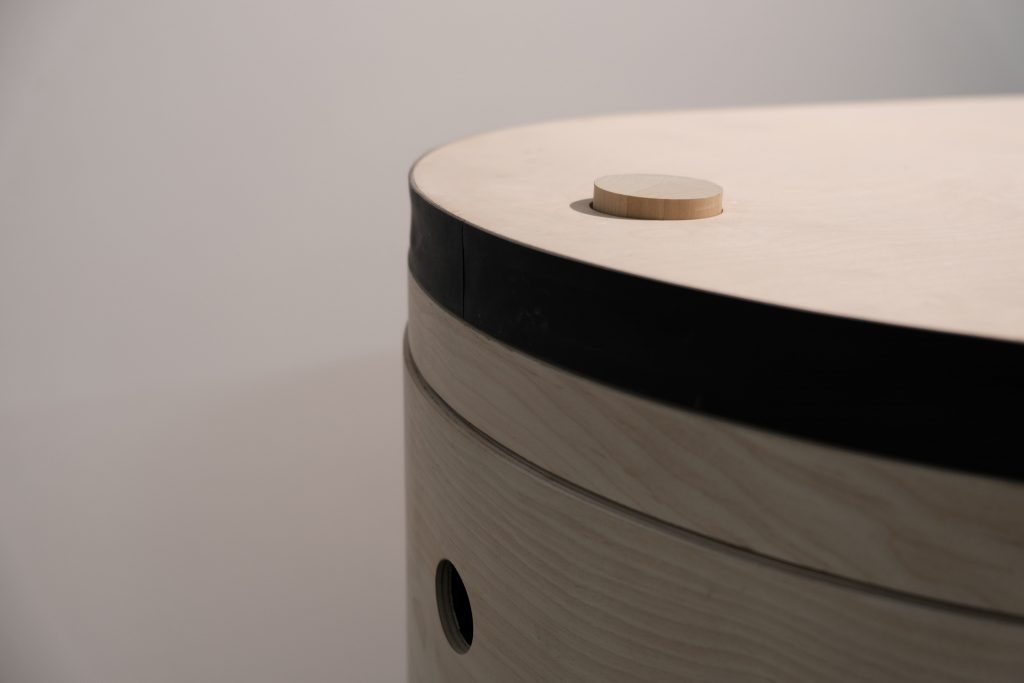
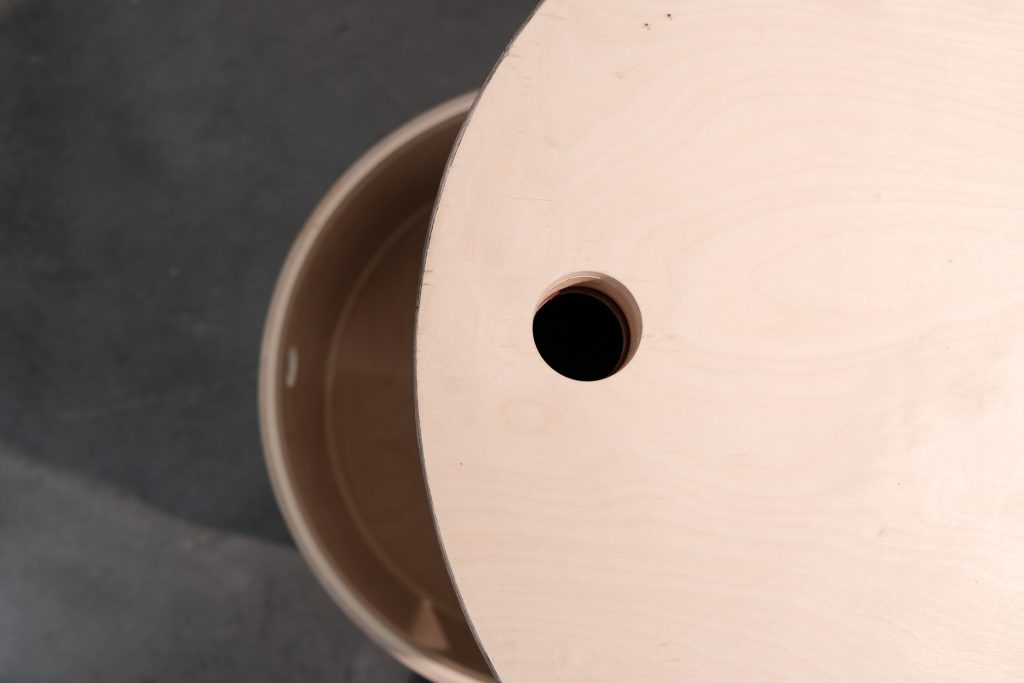
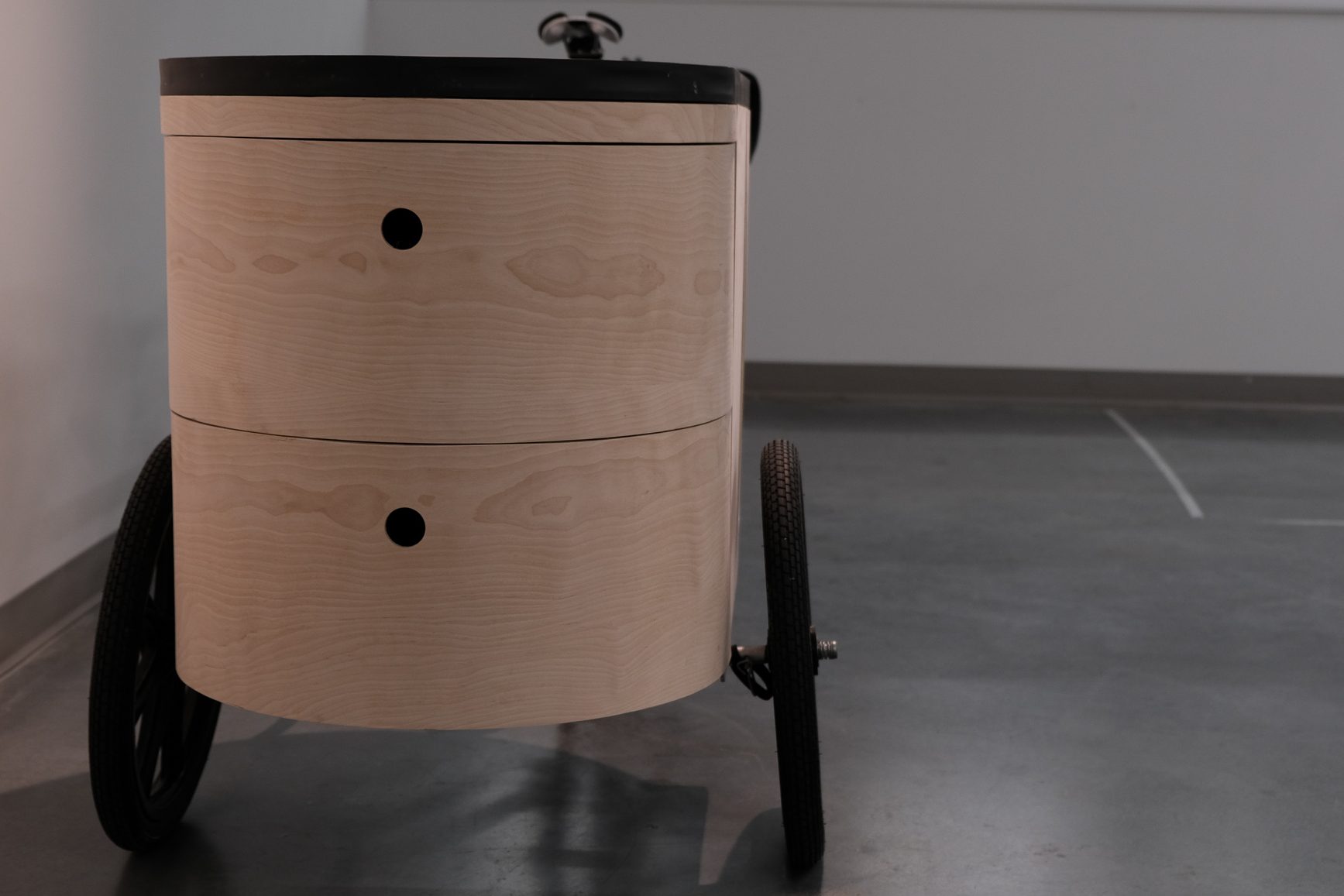
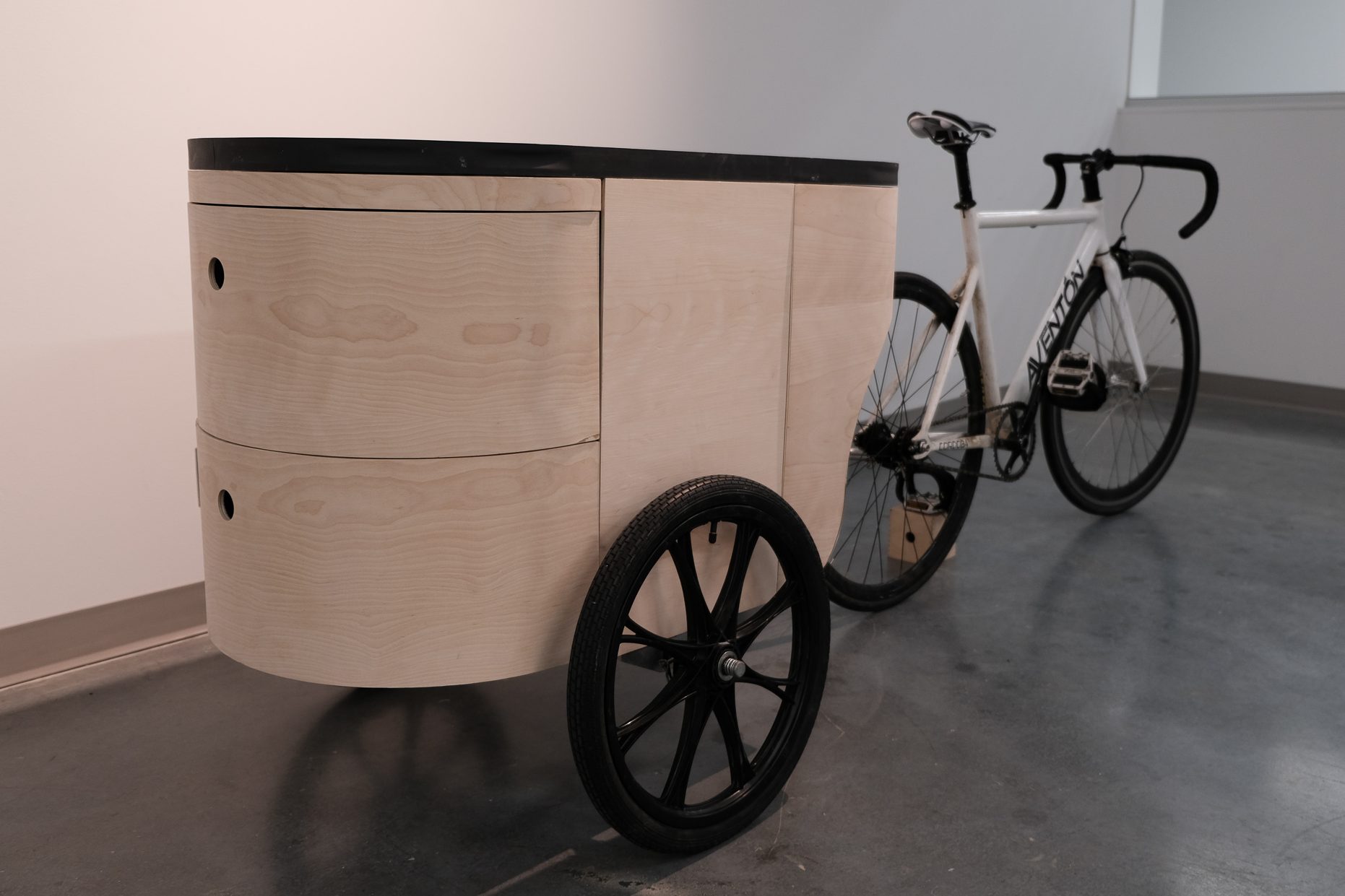
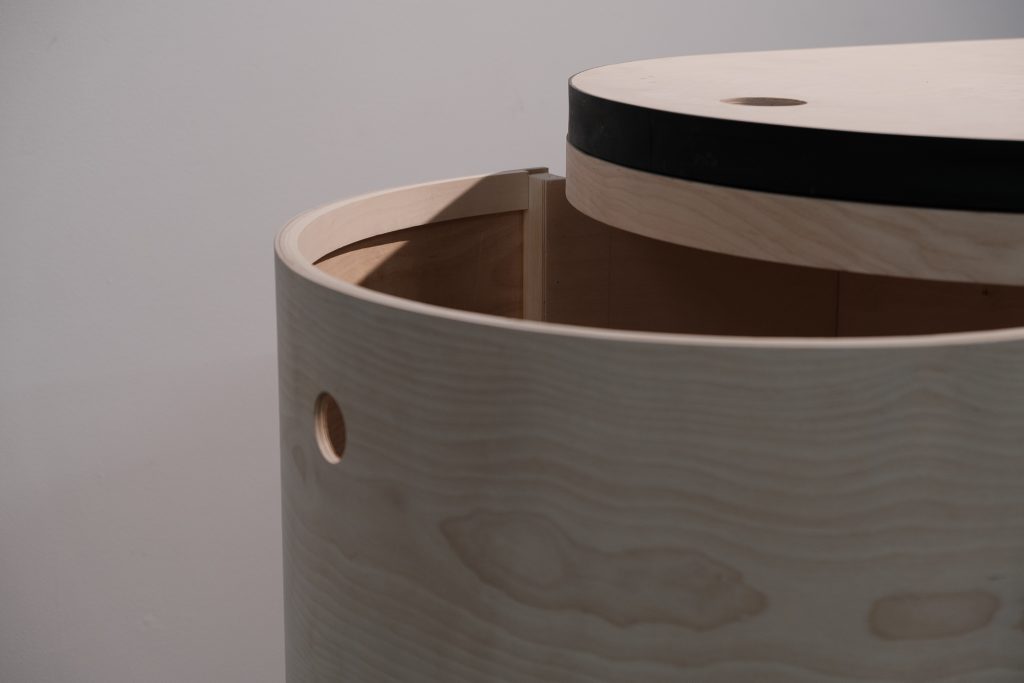
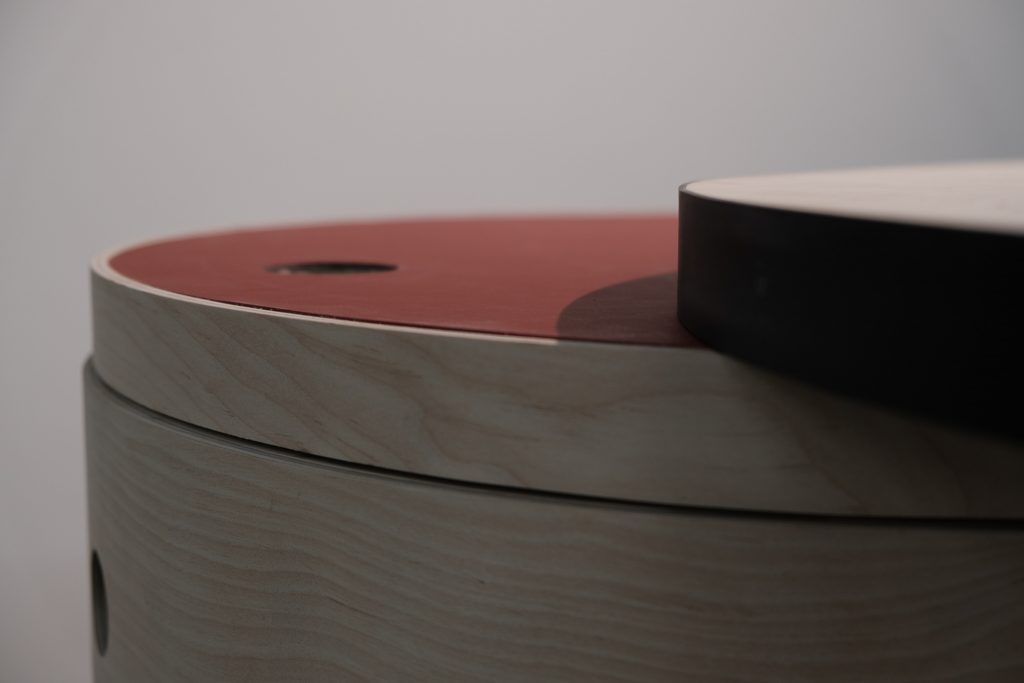
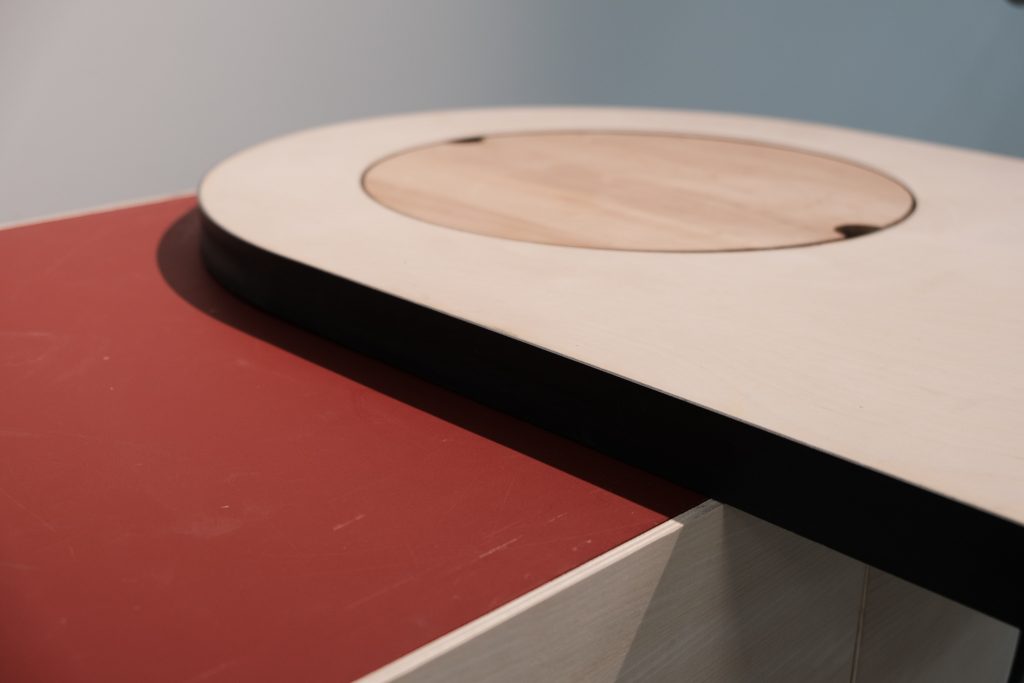
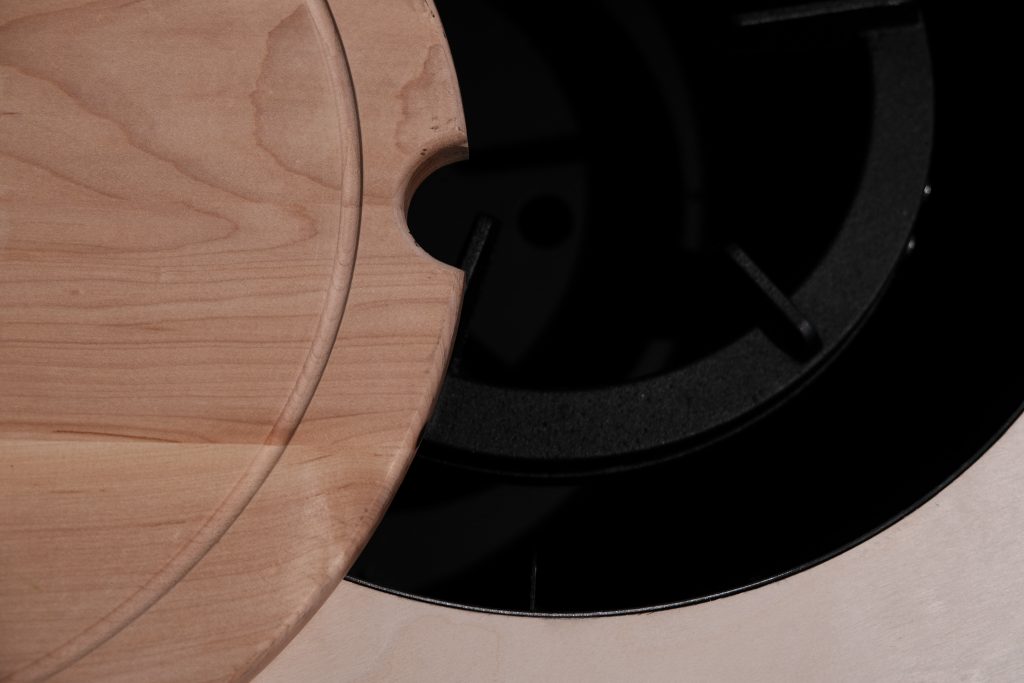
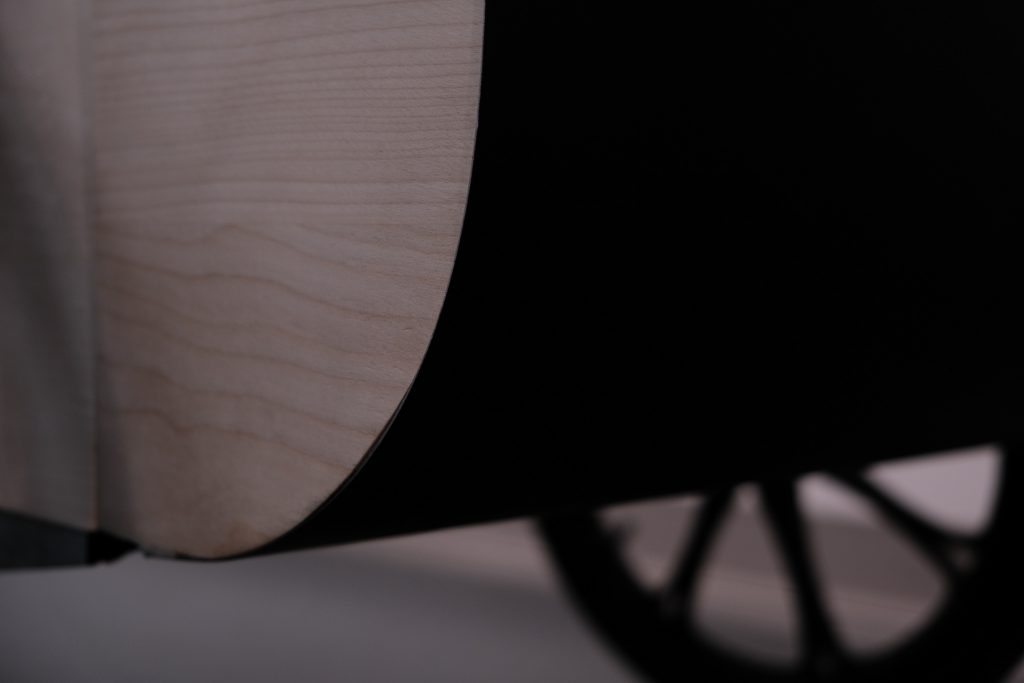
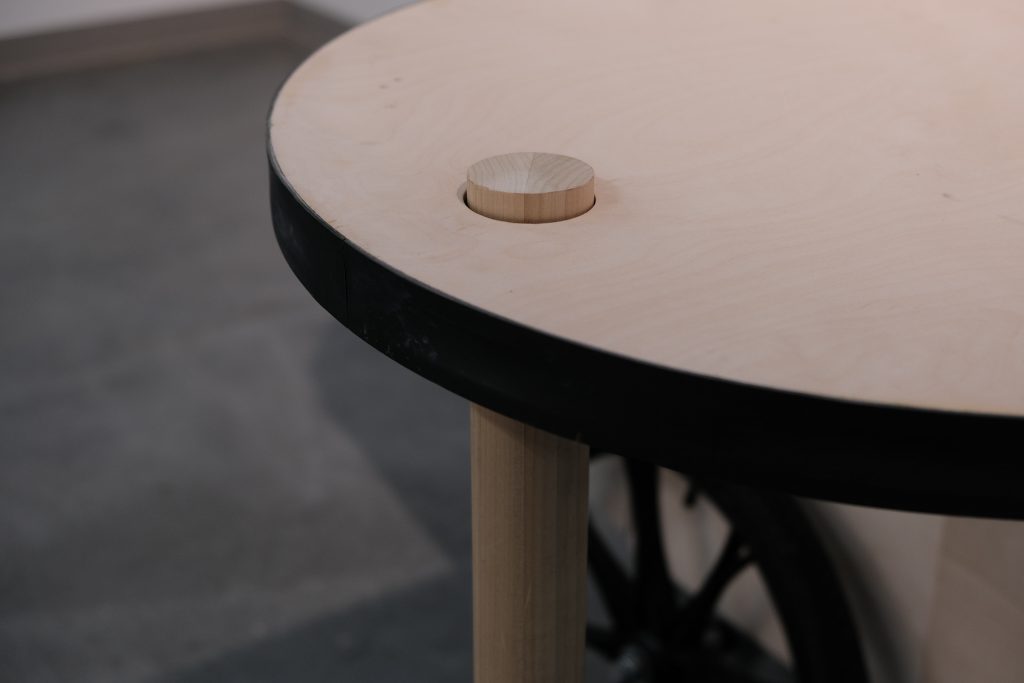
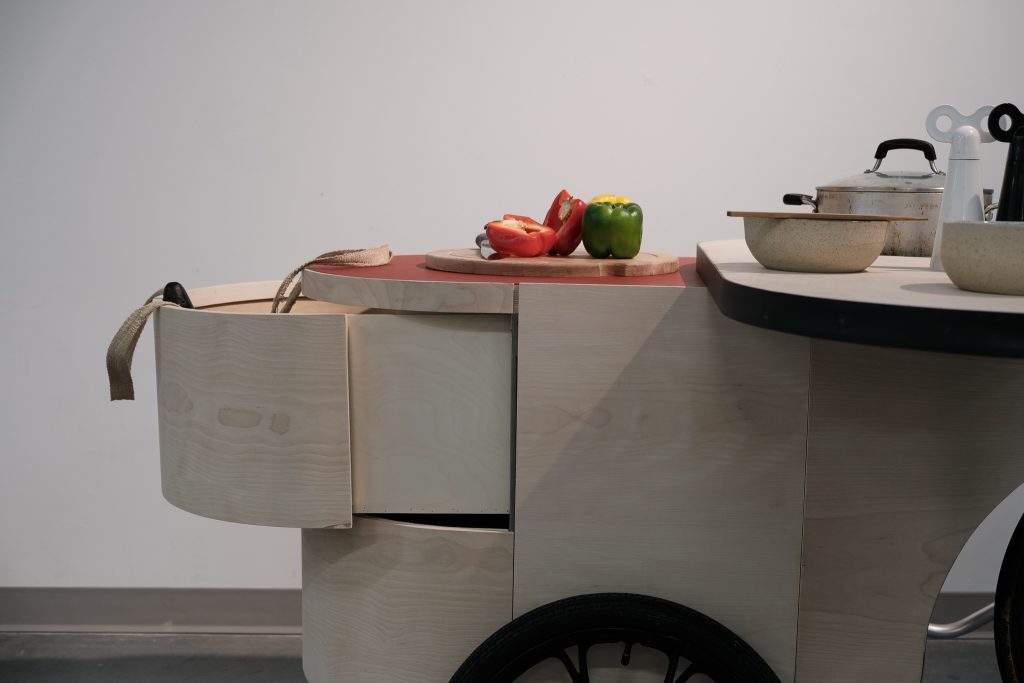
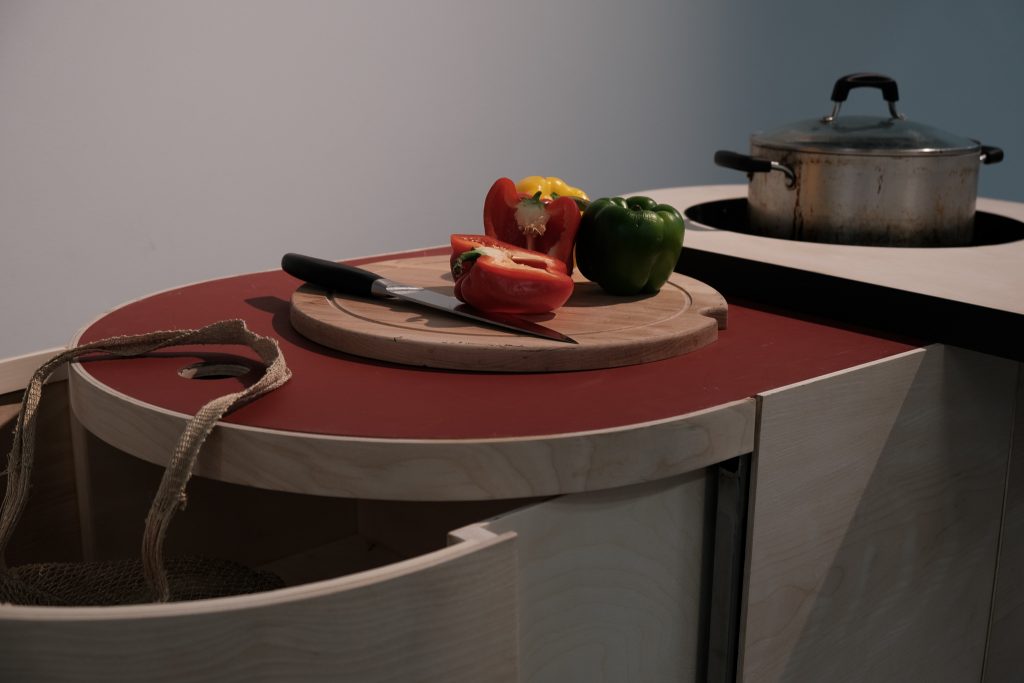
Award Recipient
- Ecological Design Graduation Award
